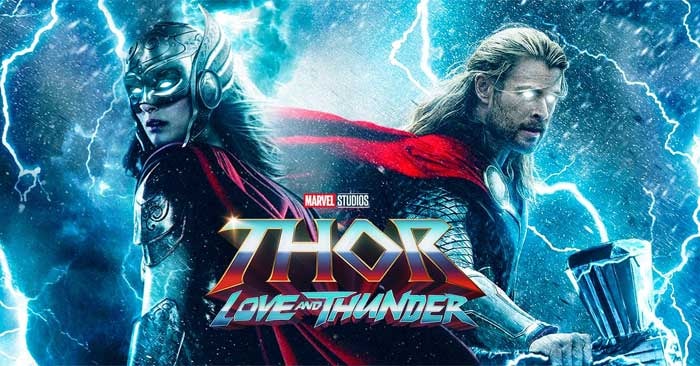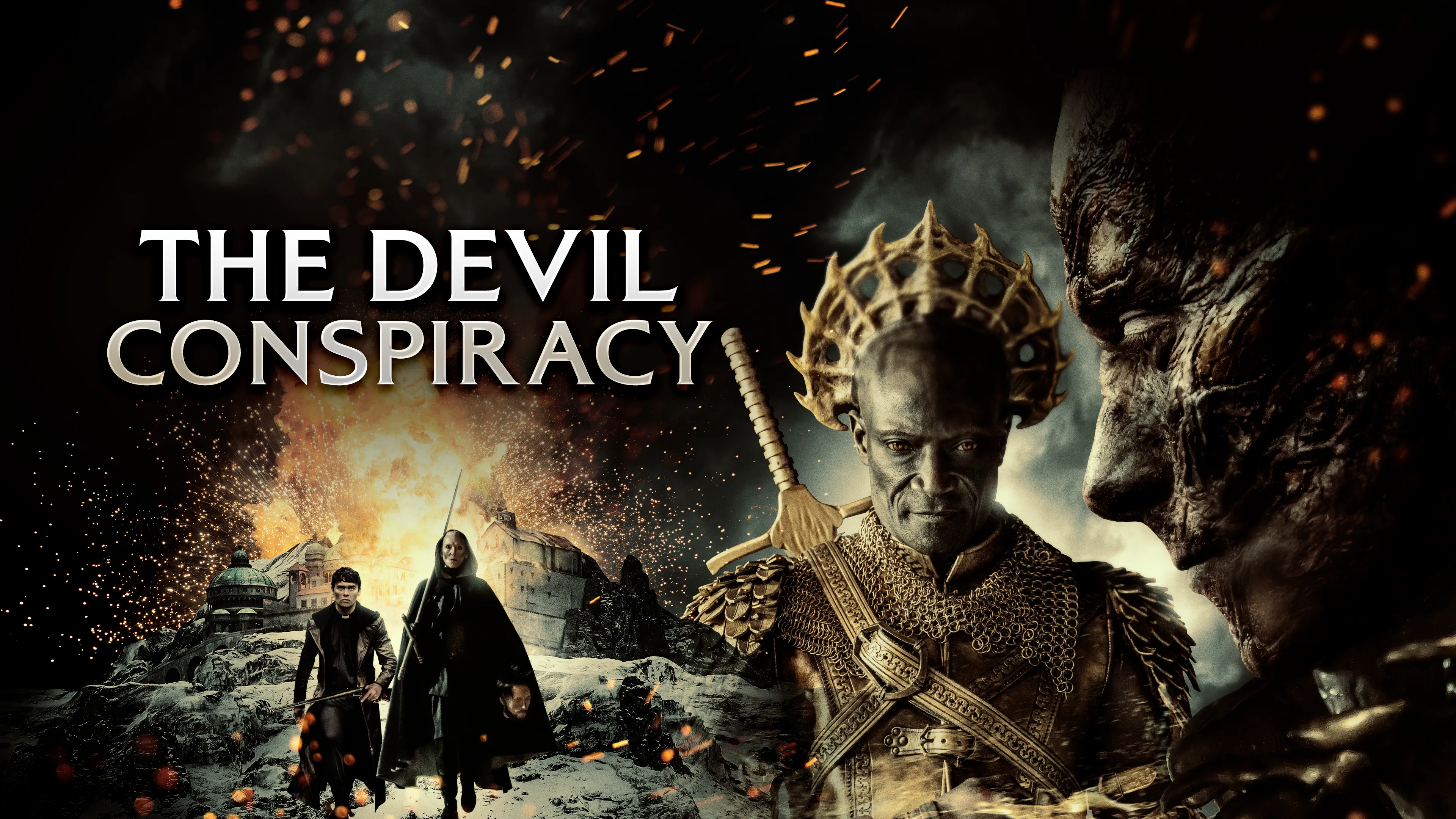Logan (2017) – A Fierce, Poignant Farewell to a Hero
Logan, directed by James Mangold, is a rare achievement in the superhero genre: a brutal, emotional, and deeply human character study disguised as a comic book film. Released in 2017, it serves as both a swan song for Hugh Jackman’s Wolverine and a meditation on aging, legacy, and redemption. Departing from the explosive spectacle of traditional X-Men entries, Logan delivers a grounded, R-rated narrative that stands among the best superhero films ever made.
Set in the year 2029, the film imagines a world where mutants are nearly extinct. Logan, formerly the indestructible Wolverine, now lives in hiding near the Mexican border. His healing factor is fading, his body scarred and weary. He works as a limo driver, trying to make enough money to care for an ailing Charles Xavier (Patrick Stewart), whose once-brilliant mind has become dangerous due to a degenerative brain disease. Both men are shadows of their former selves—broken, disillusioned, and haunted by the past.

Their world is upended when a mysterious young girl named Laura (Dafne Keen) enters their lives. She shares Logan’s abilities—healing factor, claws, and feral rage—but is on the run from a shadowy biotech corporation that engineered her as part of a new generation of mutant weapons. Reluctantly, Logan takes her under his wing, embarking on a road trip toward a rumored sanctuary for mutant children called “Eden.”
What unfolds is less a superhero tale and more a Western in tone and structure. Mangold explicitly channels Shane and Unforgiven, with long, contemplative shots of dusty landscapes and broken men. The action, while intense and graphic, never feels gratuitous. Every fight carries emotional weight. The violence isn’t stylized—it’s raw, bone-crunching, and often tragic.

Hugh Jackman delivers a career-best performance. His Logan is bitter, angry, and physically crumbling, but beneath the gruffness remains a flicker of humanity. Patrick Stewart, in his final turn as Xavier, is heartbreaking—a far cry from the calm professor of past films, he’s now fragile and filled with guilt. The real revelation is Dafne Keen as Laura, who brings an astonishing blend of ferocity and vulnerability to the role without much dialogue.
Logan’s strength lies not in its spectacle, but in its intimacy. It dares to slow down, to dwell in silence and emotion, allowing its characters to breathe. The screenplay grapples with themes of mortality, family, and legacy—what we leave behind and how we find meaning in suffering. It is, at its core, a story about a man learning how to care again, just before the end.
The film’s finale is poignant, unflinching, and fitting. It offers closure not only to Logan’s arc, but also to the broader X-Men narrative. By shedding the usual franchise trappings, Logan becomes something more: a character-driven drama that happens to feature claws and mutants.
In the end, Logan isn’t just a great superhero film—it’s a great film, period. A mature, resonant farewell that redefined what the genre could be.


